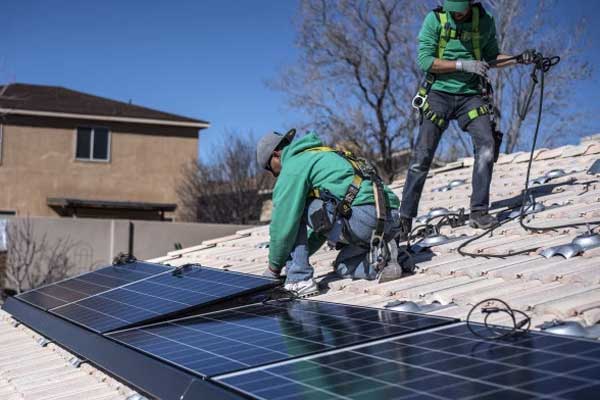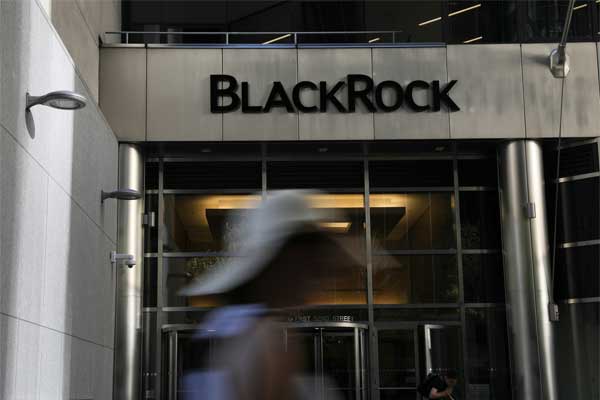EDMONTON, Alberta, Nov. 22, 2018 — In response to the growing demand for renewable energy, the Government of Alberta is investing $200 million in Climate Leadership Plan funds over 20 years to launch a new Community Generation Program. The initiative will support the installation of locally generated electricity projects. It will also reduce greenhouse gas emissions, spur investment, diversify local economies and support local jobs.
Community generation enables neighbors, community groups, municipalities, agricultural societies, rural and urban co-ops, universities, schools, Indigenous communities and other groups to partner on small-scale renewable energy projects such a wind, biomass, hydro or solar that provide community benefits.
“The future is not found – it’s made. Albertans want to be leaders in renewable energy and community generation will ensure local participation and benefits. This program opens doors to exciting new small-scale projects while supporting communities as they seek sustainable ways to meet their energy needs,” Shannon Phillips, Minister of Environment and Parks and Minister responsible for the Climate Change Office.
Program applicants must demonstrate community benefits such as revenue from electricity production, local jobs, training opportunities, new social programs or new infrastructure. For example, a co-op could partner with a company to build a solar farm that generates revenue by selling electricity to the grid.
“Rural Albertans always pull together, whether during harvest, calving or getting energy onto farms and ranches. Now, neighbors can partner to produce their own energy. This program has the greatest potential in rural Alberta, where rural communities have the land and the experience to get it done,” said Oneil Carlier, Minister of Agriculture and Forestry.
The program will support a “contract for difference” model that guarantees a rate of return for electricity production over the long term – locking in a rate for generators. The $200-million fund will facilitate investment in community-scale renewable energy projects by guaranteeing the price they receive for the power they produce. Up to $50 million from the fund will be dedicated to supporting community generation projects in areas affected by the phase-out of coal-fired electricity.
“Rural cooperatives have proudly distributed electricity to our members for generations. We are excited with the new opportunities the Government of Alberta is creating through community generation while at the same time working to maintain the lowest possible costs to Albertans. These important initiatives will help REAs to diversify and contribute to our long-term success. We look forward to engaging constructively with the province, to ensure the program details create meaningful opportunities for rural Albertans who own their own utilities,” Dan Astner, president, Alberta Federation of Rural Electrification Associations.
In partnership with Energy Efficiency Alberta and the Municipal Climate Change Action Centre, the province will undertake capacity-building efforts over the coming months to help communities prepare to participate in the program before it launches in fall 2019. This work will include:
1. Open houses in a dozen communities in early 2019.
2. An online resource hub featuring handbooks, community generation case studies, small-scale renewable energy fact sheets and more.
Community generation supports Alberta’s target of 30 percent renewable electricity by 2030 by helping Alberta transition to an electricity system that is cleaner, reliable and more sustainable. The Community Generation Program is made possible by Alberta’s Small-scale Generation Regulation, which outlines new rules to enable small-scale and community projects, including definitions, setup, and operation. These rules also help reduce regulatory and financial barriers for generators.














Comments